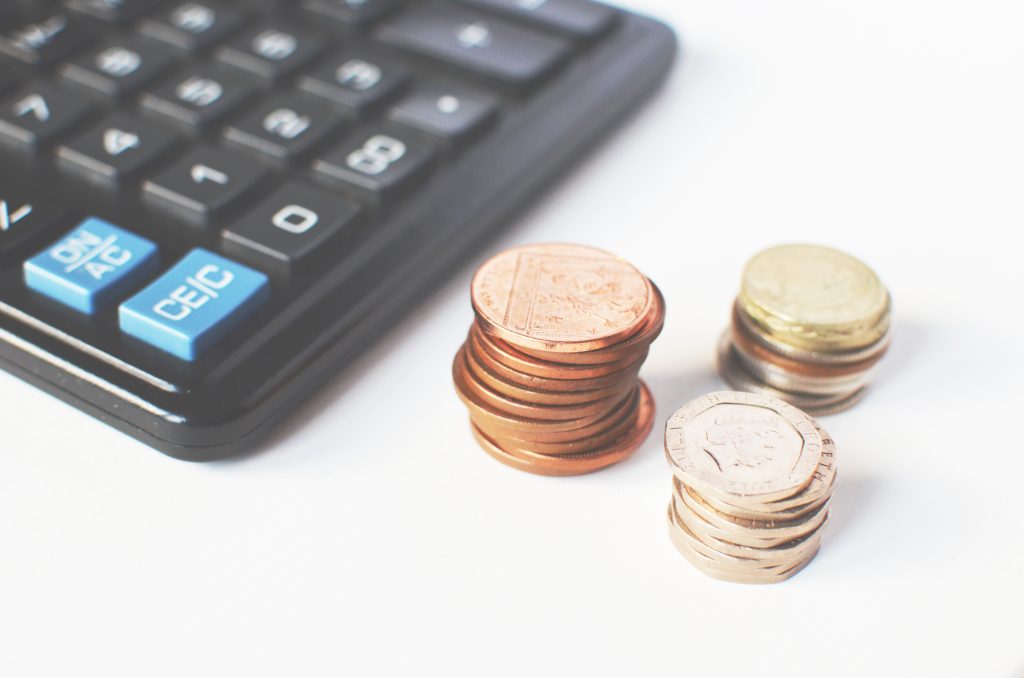
When an individual or a business is facing significant financial turmoil, they may be concerned about the future and how they will stay afloat. Those who are in dire financial situations often consider filing for bankruptcy as a way to get rid of some of their debt in hopes of being able to succeed in the future. Bankruptcy often allows a debtor to discharge some of their debts. A Chapter 7 bankruptcy allows one to discharge debts while a Chapter 13 bankruptcy requires some repayment before debts can be discharged.
If an individual is granted the opportunity to discharge some of their debts, it means that they are no longer obligated to pay it back. In addition, the creditor who lent the money initially is not permitted to continue collection efforts. In fact, once an individual files for bankruptcy, creditors are not allowed to try and collect debts because of the automatic stay that immediately goes into effect. It is important to be aware that not all debts can be discharged. In addition, if there is an unpaid loan that had a co-signer such as a friend, relative, or business partner, the other party will not have the debt discharged.
If you have questions about bankruptcy, contact us today.
Matters related to bankruptcy and estate planning are very significant in one’s life and require the services of an experienced attorney. Our firm proudly serves clients throughout Rockland County and New York State. If you need effective legal guidance, contact Koplen Law today to schedule a consultation.